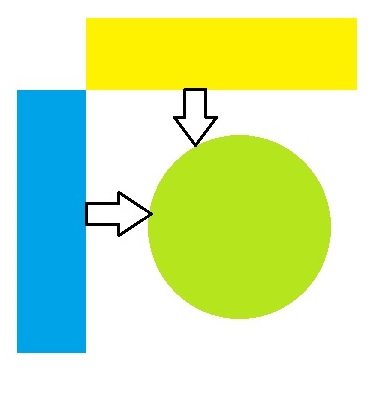Preparatory Knowledge: A Hub in Teacher Education in Arts and Crafts
DOI:
https://doi.org/10.7577/formakademisk.902Keywords:
Arts and Crafts, teacher education, pedagogical content knowledge, preparatory knowledge, lifelong learningAbstract
Concurrent teacher education involves a double challenge: the students learn one (or more) subjects while they learn to teach those subjects. In Arts and Crafts, this debate often contains questions of how teacher-students, taking short courses on a subject, can acquire enough academic depth in the different areas of the subject. The first part of the article presents earlier research on Arts and Crafts and the concept of ‘pedagogical content knowledge’, understood as a re-negotiation of subject content knowledge and pedagogical knowledge (Shulman). The qualification width (the number of areas) and inner tension (between the areas) in the subject of Arts and Crafts is discussed, ending with the conclusion that a reduction of qualification width will not lead to reduced tension or complexity in teacher education within the subject. The second part of the article proposes the concept of ‘preparatory knowledge’ as an alternative way to manage complexity in teacher education in Arts and Crafts: as a possible basic principle for choosing content and methods. The discussion is linked to the broader educational question of how teacher education in Arts and Crafts can best equip students for a long life as professional practitioners in an unknown future. The article proposes that preparatory knowledge can be understood as a hub in a principle of lifelong learning for teachers in Arts and Crafts, and thus as an overarching goal of teacher education in general.

Downloads
Published
How to Cite
Issue
Section
License
Authors who publish with this journal agree to the following terms:
- Authors retain copyright and grant the journal right of first publication with the work simultaneously licensed under a Creative Commons Attribution 4.0 License that allows others to share the work with an acknowledgement of the work's authorship and initial publication in this journal.
- Authors are able to enter into separate, additional contractual arrangements for the non-exclusive distribution of the journal's published version of the work (e.g., post it to an institutional repository or publish it in a book), with an acknowledgement of its initial publication in this journal.
- Authors are permitted and encouraged to post their work online (e.g., in institutional repositories or on their website) prior to and during the submission process, as it can lead to productive exchanges, as well as earlier and greater citation of published work (See The Effect of Open Access).
- The author(s) must manage their economic reproduction rights to any third party.
- The journal makes no financial or other compensation for submissions, unless a separate agreement regarding this matter has been made with the author(s).
- The journal is obliged to archive the manuscript (including metadata) in its originally published digital form for at least a suitable amount of time in which the manuscript can be accessed via a long-term archive for digital material, such as in the Norwegian universities’ institutional archives within the framework of the NORA partnership.
The material will be published OpenAccess with a Creative Commons 4.0 License which allows anyone to read, share and adapt the content, even commercially under the licence terms:
This work needs to be appropriately attributed/credited, a link must be provided to the CC-BY 4.0 licence, and changes made need to be indicated in a reasonable manner, but not in any way that suggests that the licensor endorses you or your use.



